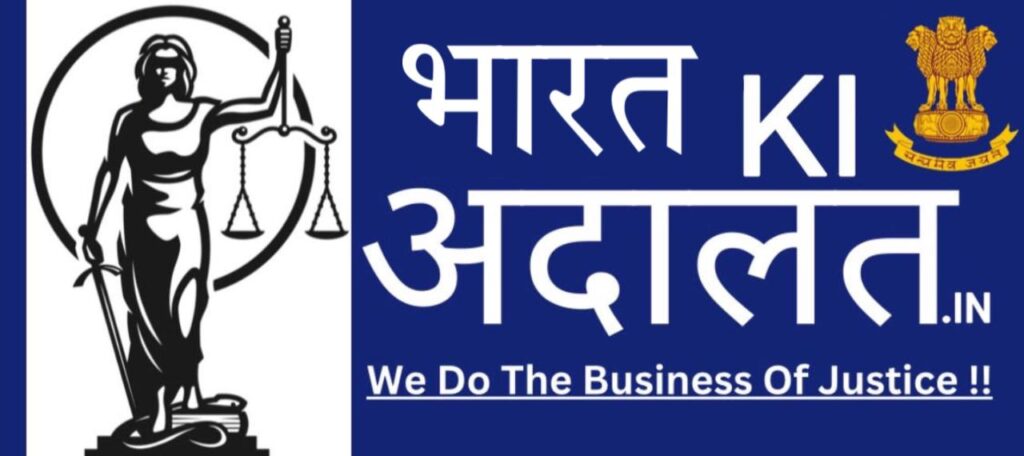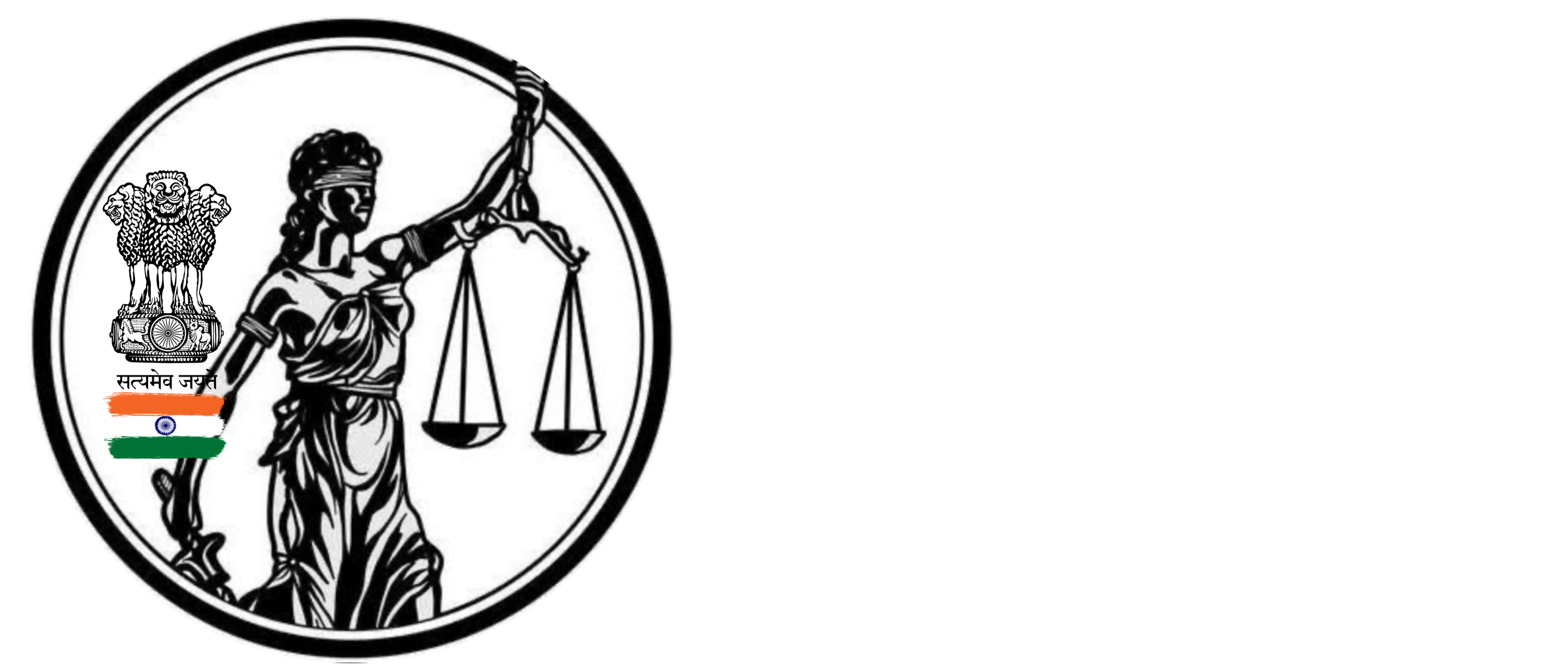Introduction to Critical Legal Studies
Critical Legal Studies (CLS) emerged in the late 20th century as a radical movement within legal theory, challenging traditional legal thought and exposing the underlying power dynamics and social inequalities embedded within legal systems. It is rooted in a variety of intellectual traditions, including Marxism, feminism, post-structuralism, and critical race theory. This exploration will delve into the historical context, foundational principles, key critiques, and contemporary relevance of Critical Legal Studies, providing a thorough understanding of its impact on legal scholarship and practice.
Historical Context
Emergence of Critical Legal Studies
Critical Legal Studies began to take shape in the United States during the 1970s, influenced by the civil rights movement, feminist movements, and anti-war protests. Scholars and activists sought to interrogate the assumptions underlying traditional legal doctrines and the ways in which law serves to reinforce societal hierarchies. The movement was formally established with the first CLS conference at Harvard Law School in 1977, where scholars gathered to discuss the need for a critical approach to understanding law.
Influential Thinkers
Key figures in the development of CLS include Roberto Unger, Duncan Kennedy, and Gerald Frug. These scholars emphasized the indeterminacy of law—the idea that legal rules can be interpreted in multiple ways, often serving the interests of the powerful. They argued that legal reasoning is not a neutral process but is influenced by political, economic, and social factors.
Core Principles of Critical Legal Studies
Indeterminacy of Law
One of the central tenets of CLS is the indeterminacy of law. Proponents argue that legal rules and doctrines are often vague and open to interpretation, which allows judges and lawyers to shape outcomes based on their biases and ideologies. This challenges the notion of law as an objective and impartial arbiter of justice.
Law as Politics
CLS posits that law is inherently political, serving to maintain and reproduce social hierarchies. This perspective emphasizes that legal decisions are influenced by the interests of powerful groups, whether they be economic elites, political leaders, or cultural institutions. Law is seen not merely as a set of rules but as a tool of power that can perpetuate inequality.
Critique of Legal Formalism
CLS critiques legal formalism, the idea that law can be applied mechanically without regard for social context or implications. Scholars argue that this perspective obscures the ways in which law interacts with social realities and fails to address issues of justice and fairness. Instead, CLS advocates for a more contextual understanding of law that considers its effects on marginalized communities.
Intersectionality and Multiple Identities
Critical Legal Studies recognizes that individuals experience law differently based on their intersecting identities, such as race, gender, sexuality, and class. This intersectional approach highlights how legal systems can reinforce systemic inequalities and injustices. By examining these complexities, CLS aims to reveal the multifaceted nature of power relations within legal frameworks.
Key Critiques of Legal Systems
Inequality and Injustice
CLS scholars argue that legal systems often fail to protect the rights of marginalized groups. They point to instances where the law disproportionately impacts individuals based on race, gender, and socioeconomic status. This critique extends to various areas of law, including criminal justice, family law, and property law, revealing systemic biases that undermine the principles of equality and justice.
The Role of Ideology
Critical Legal Studies highlights the role of ideology in shaping legal outcomes. Ideologies, such as neoliberalism and meritocracy, can inform legal reasoning and policy-making, often privileging certain groups while marginalizing others. By examining the ideological underpinnings of legal doctrines, CLS scholars aim to uncover the ways in which law can serve as a vehicle for ideological domination.
The Limitations of Legal Reform
While some legal scholars advocate for reforming existing legal systems to address social injustices, CLS critiques this approach as insufficient. It argues that mere reform does not challenge the underlying structures of power and inequality. Instead, CLS calls for a more radical rethinking of legal frameworks and the social order that they reinforce.
Methodological Approaches
Critical Analysis
CLS employs a critical analysis of legal texts, doctrines, and practices. This involves deconstructing legal language and exposing the assumptions that underpin legal reasoning. By challenging the neutrality of legal discourse, CLS seeks to illuminate the ways in which law serves particular interests.
Interdisciplinary Engagement
Critical Legal Studies draws from various disciplines, including sociology, political science, anthropology, and cultural studies. This interdisciplinary approach enriches the analysis of law by situating legal issues within broader social and historical contexts. By integrating insights from diverse fields, CLS aims to provide a more comprehensive understanding of the relationship between law and society.
Activism and Social Change
Many CLS scholars are also committed to social activism, seeking to use their scholarship to effect real change. They often collaborate with grassroots organizations and marginalized communities to address legal injustices. This commitment to activism reflects the belief that legal scholarship should not be an isolated academic endeavor but rather a means to challenge and transform oppressive structures.
Contemporary Relevance
Critical Race Theory
CLS has significantly influenced the development of Critical Race Theory (CRT), which examines the intersections of race and law. CRT scholars, such as Kimberlé Crenshaw and Derrick Bell, build upon CLS’s critiques by emphasizing the ways in which racism is embedded in legal systems. They advocate for an understanding of law that accounts for the experiences and perspectives of marginalized racial groups.
Feminist Legal Theory
Feminist legal theory has also been shaped by CLS, as feminist scholars interrogate the ways in which law perpetuates gender inequalities. They analyze legal doctrines related to family law, employment discrimination, and sexual violence, revealing how the law often fails to protect women’s rights and interests. The feminist perspective enriches CLS by highlighting the importance of gender in understanding power dynamics.
Globalization and Transnational Law
As globalization continues to reshape legal systems, CLS provides valuable insights into the challenges posed by transnational law. Scholars analyze how global legal frameworks can perpetuate inequalities and exploit vulnerable populations. By critiquing international legal institutions and practices, CLS contributes to discussions about social justice on a global scale.
Environmental Justice
CLS has also engaged with environmental issues, examining the ways in which law interacts with environmental degradation and social justice. Scholars in this area analyze how legal systems often prioritize corporate interests over the rights of marginalized communities affected by environmental harm. This intersection of law, ecology, and social justice reflects the expanding scope of CLS.
Conclusion
Critical Legal Studies represents a radical rethinking of legal theory, emphasizing the interconnectedness of law, power, and social justice. By challenging traditional legal doctrines and exposing the biases embedded within legal systems, CLS has contributed to a richer understanding of law’s role in perpetuating inequality. Its interdisciplinary approach, commitment to activism, and engagement with contemporary issues highlight the ongoing relevance of CLS in addressing the complexities of legal scholarship and practice. As legal systems continue to evolve, the critical insights offered by CLS will remain essential for fostering a more just and equitable society.


